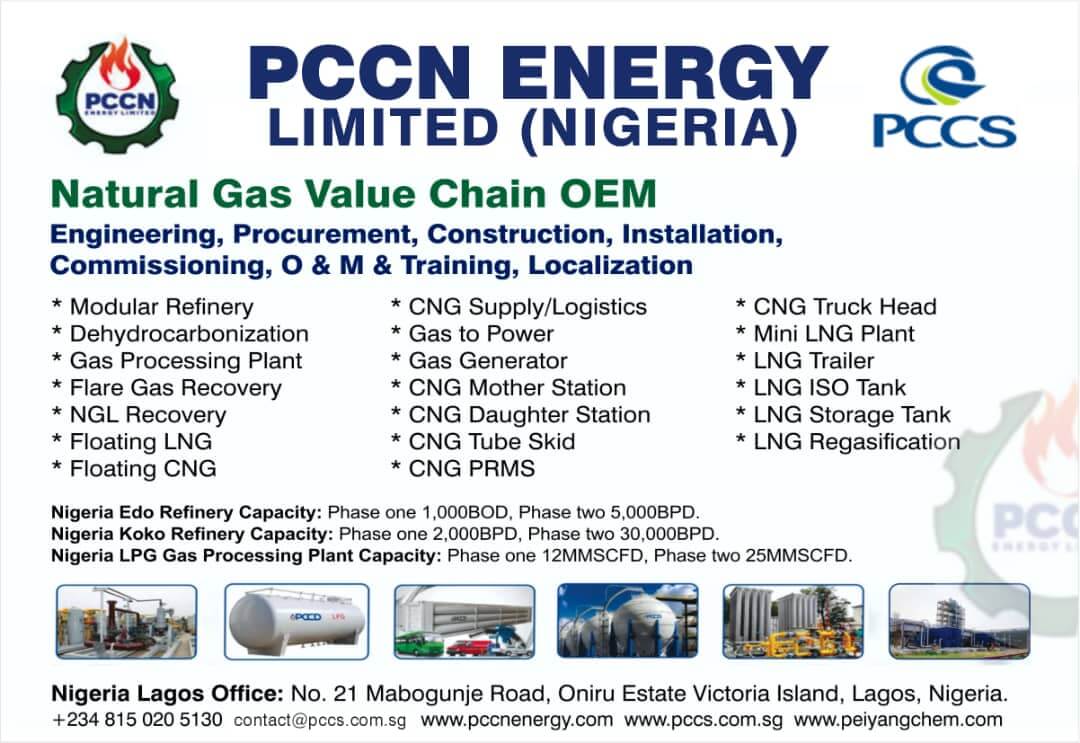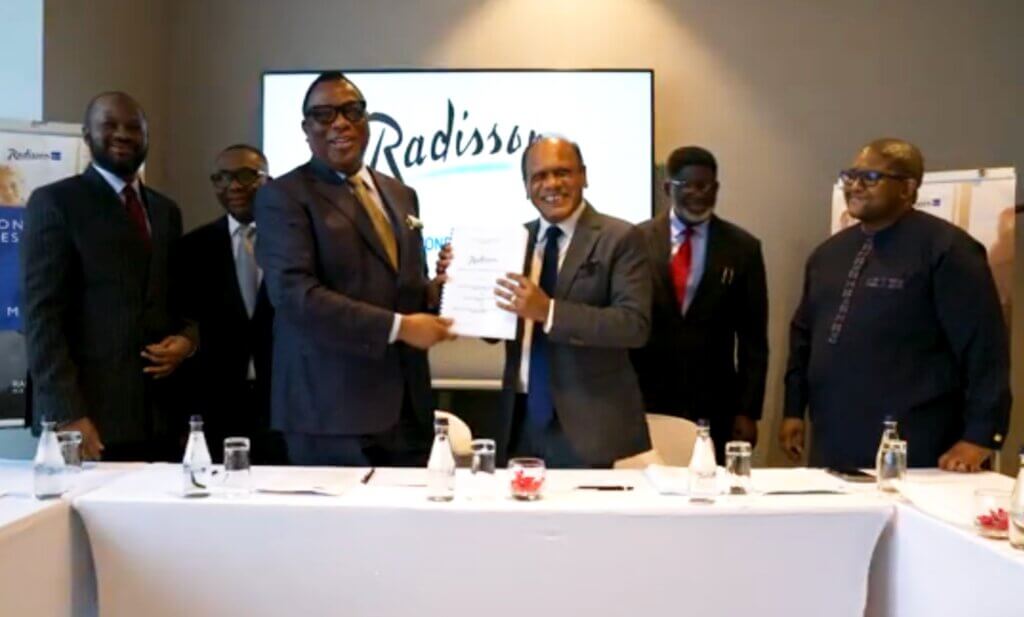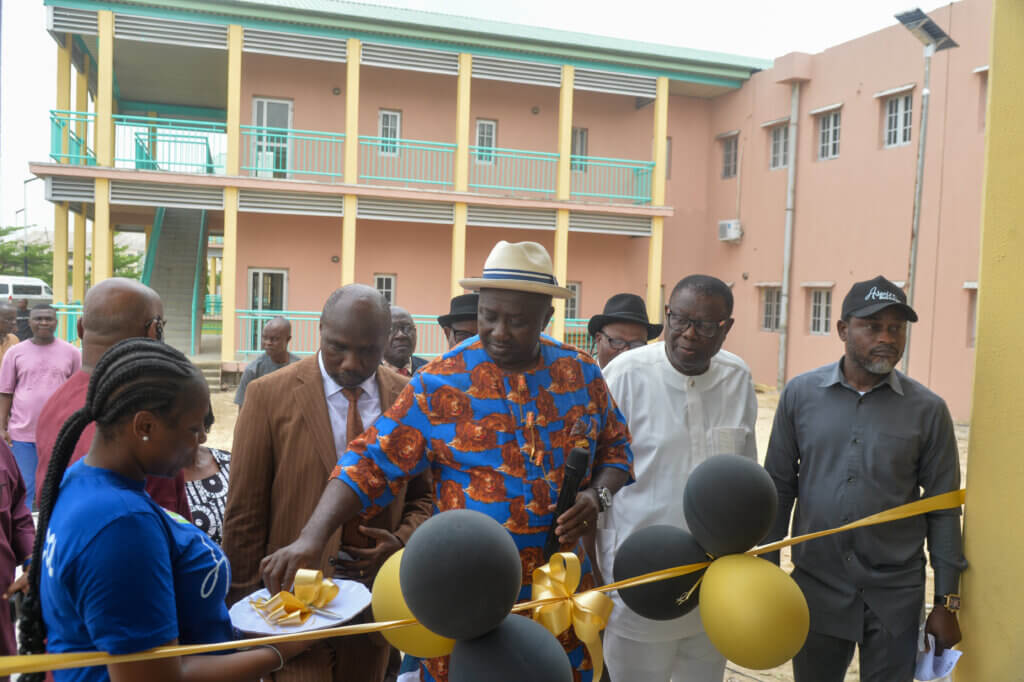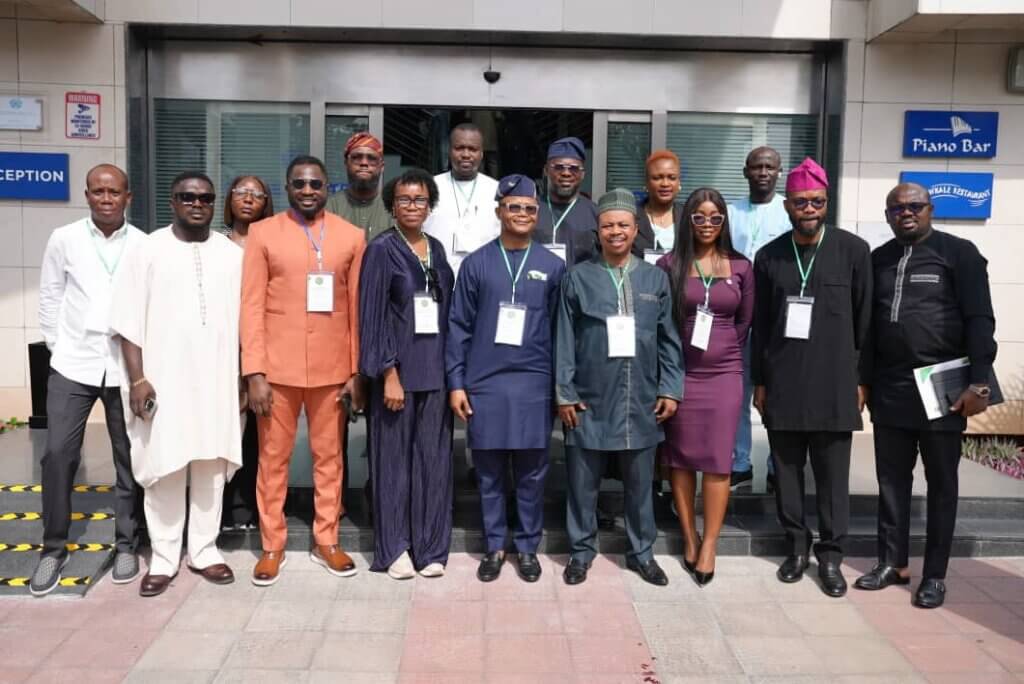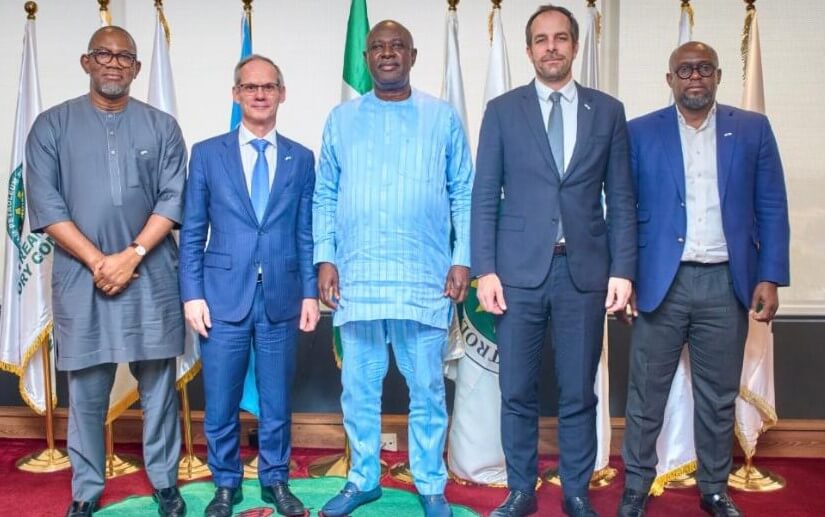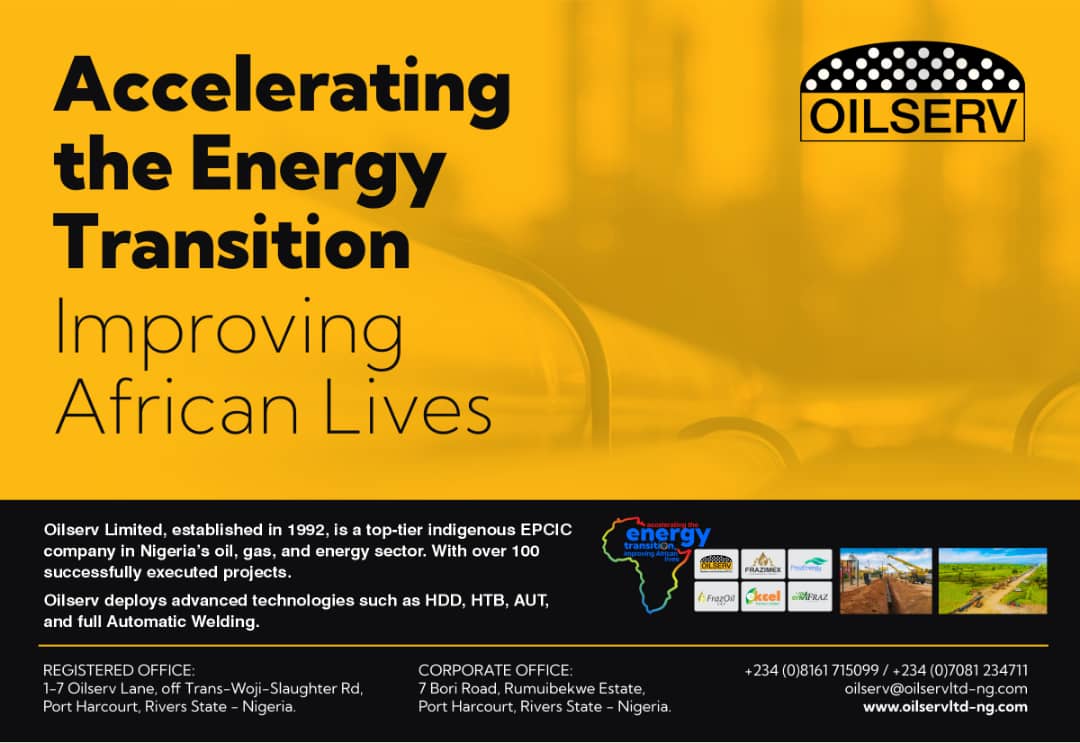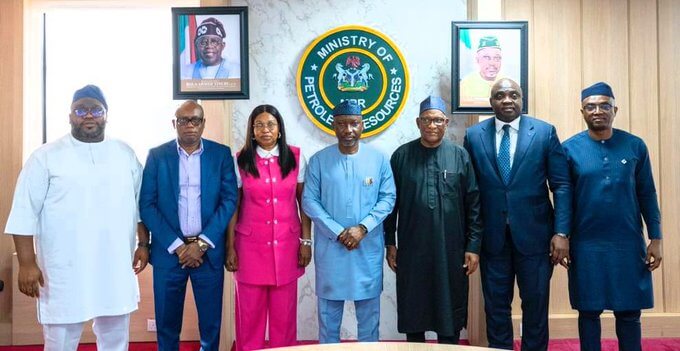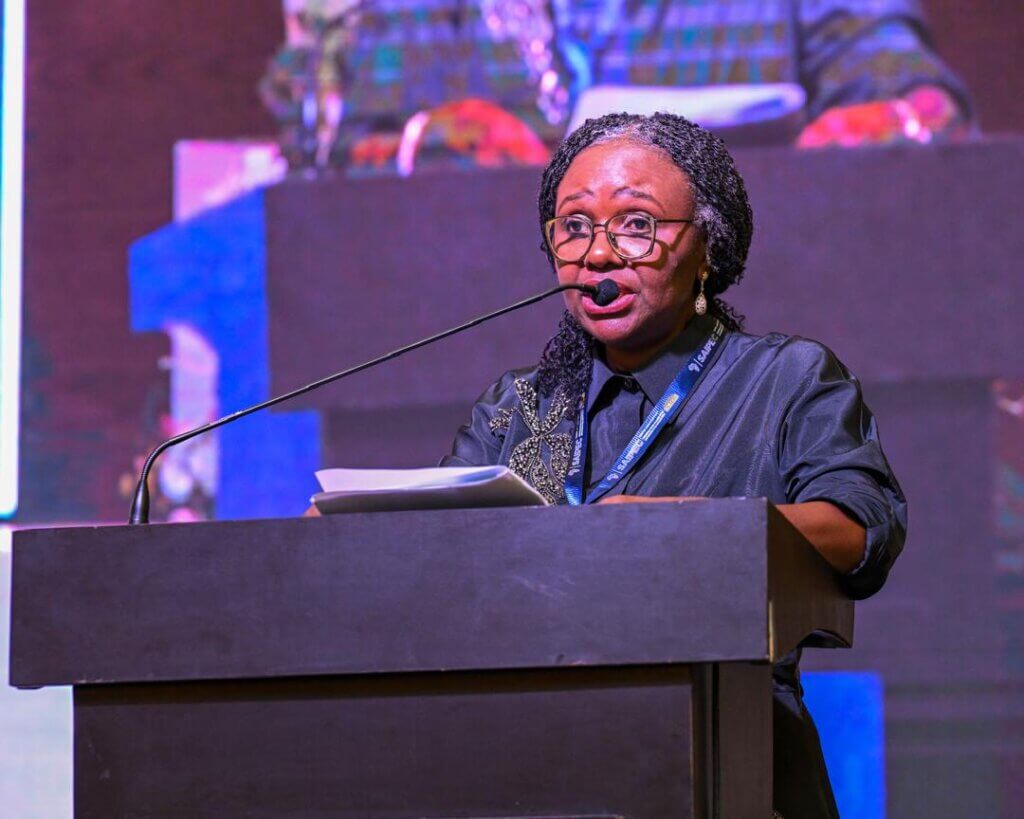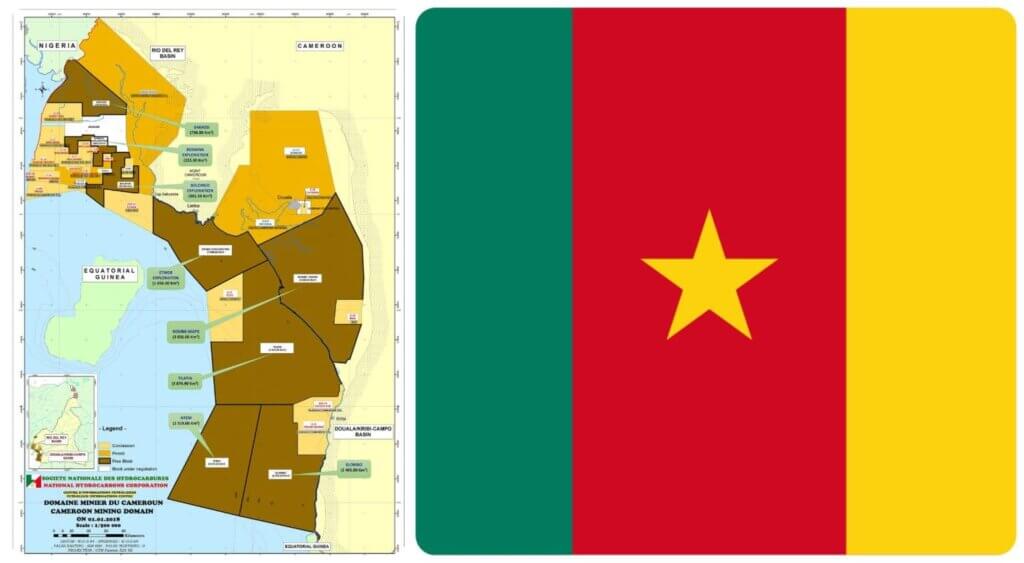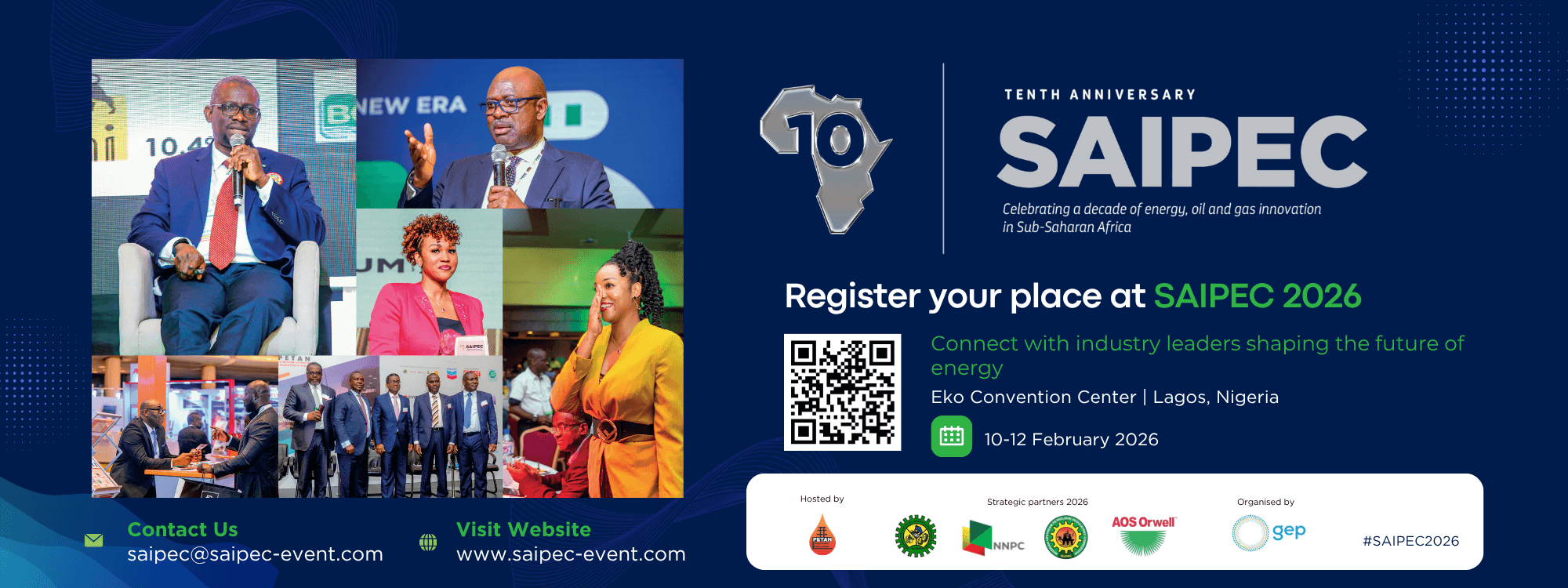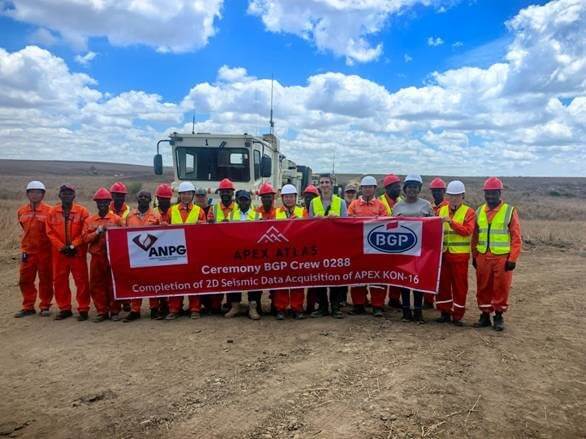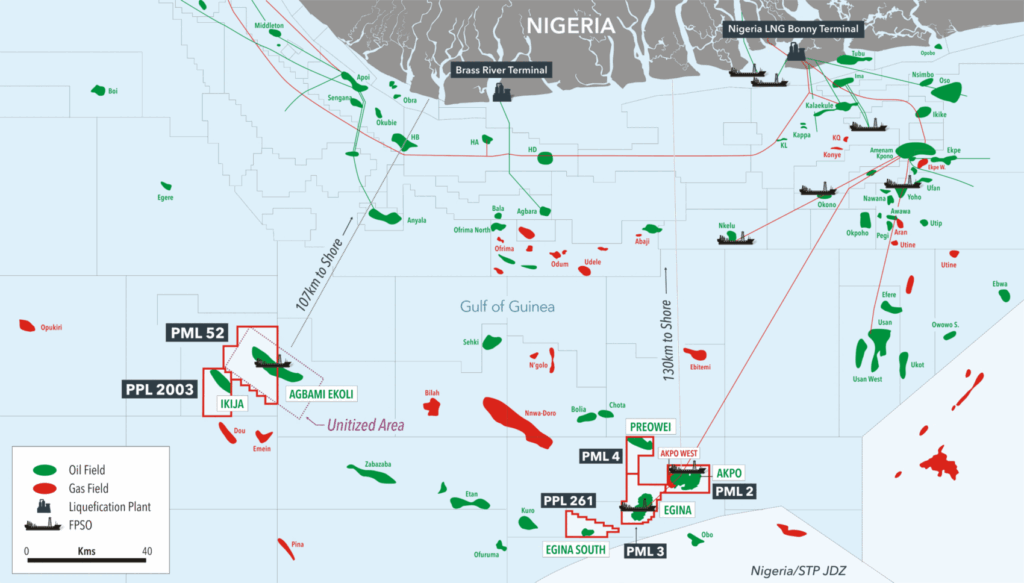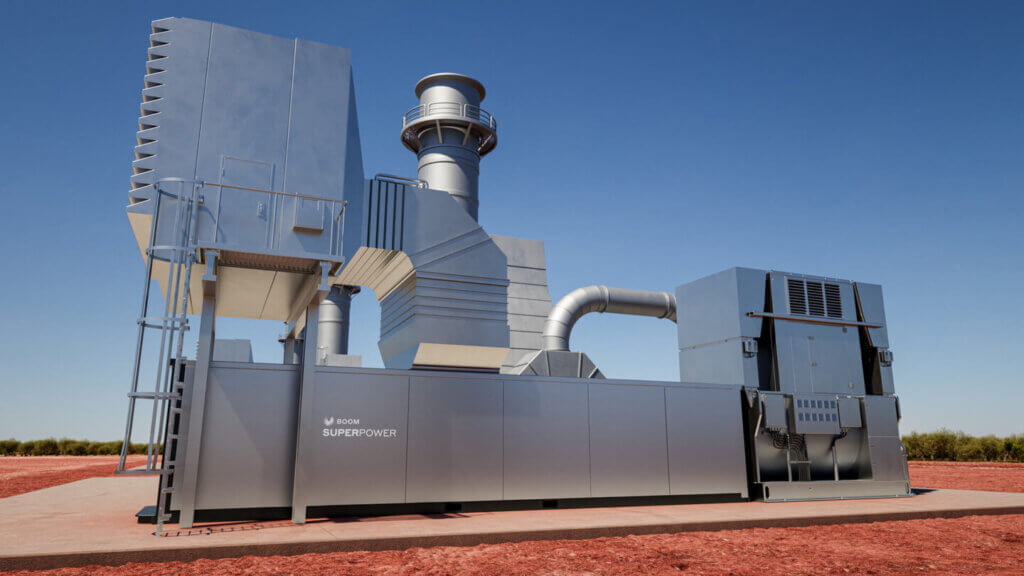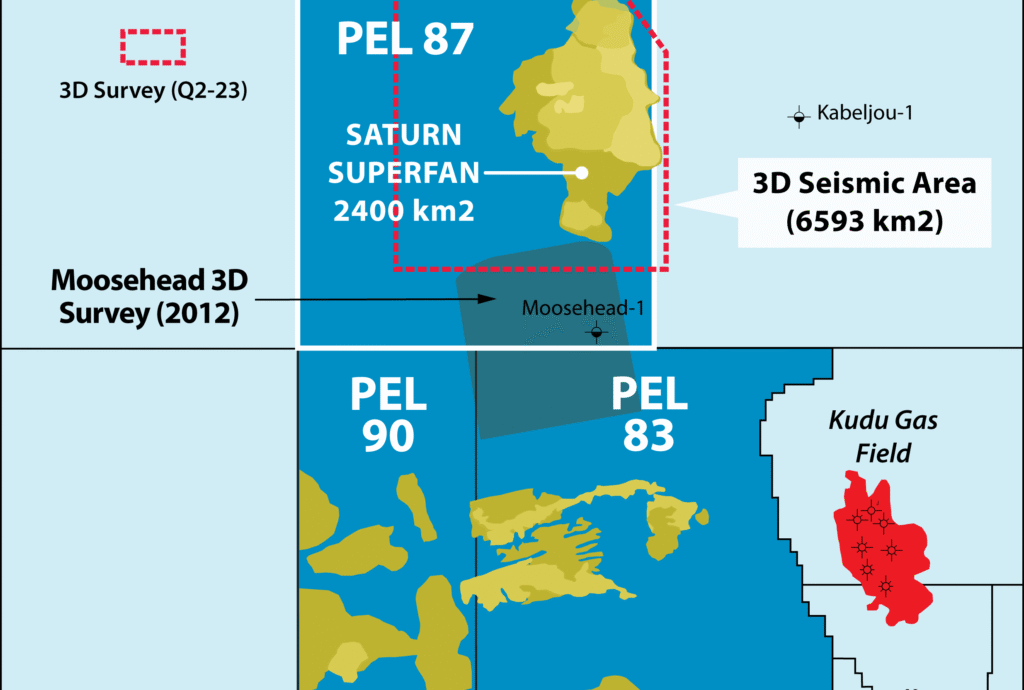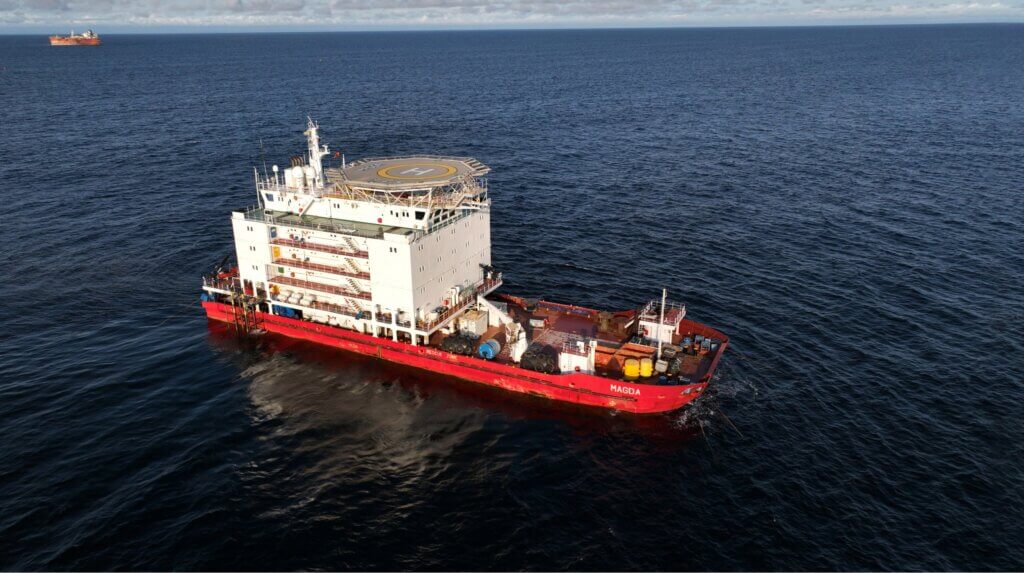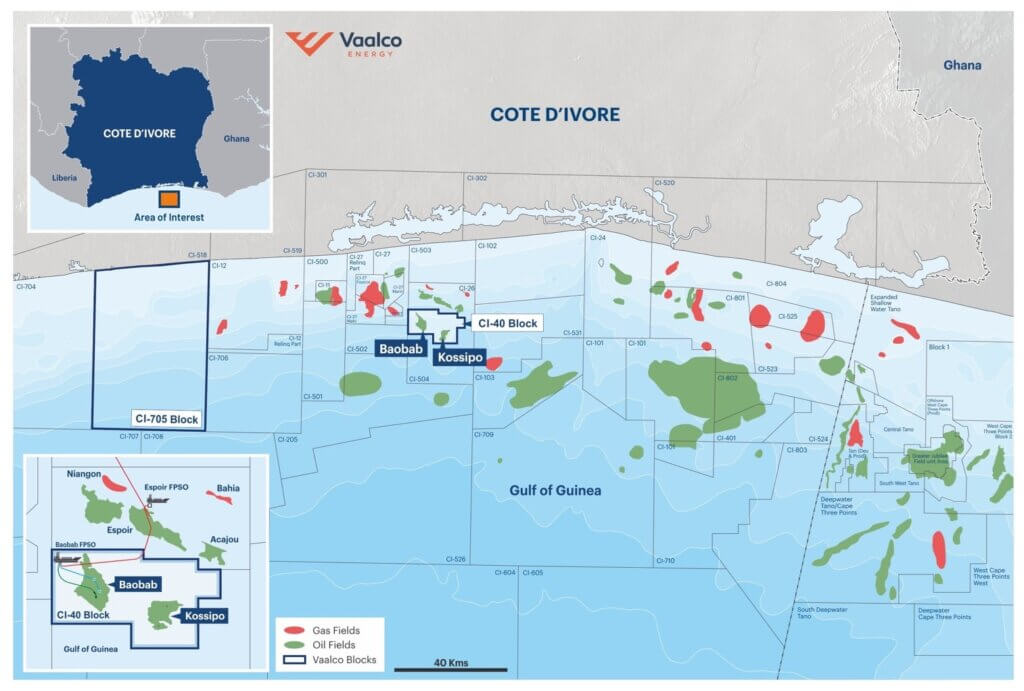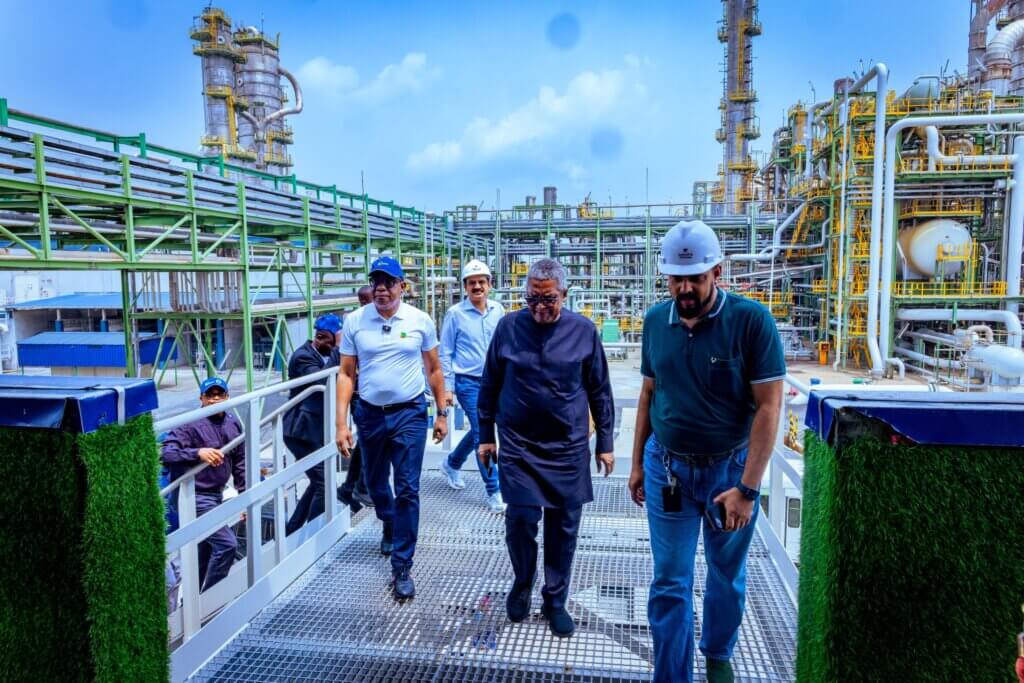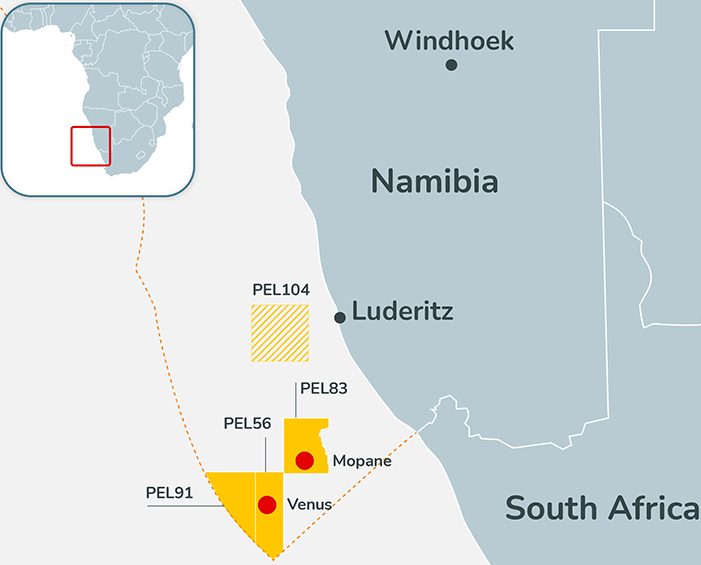
By Written Aydanur Akkurt Africa Gas & Power & Edited by Oilfield Africa Review.
As Mozambique attracts billions of dollars into mega-LNG ventures which will propel the country into a global LNG exporter, domestic gas valorization and monetization will be a crucial factor to turn a gas revolution into an economic success story.
The impact of Eni’s 3.4 mtpa Coral Floating LNG and Total’s 12.88 mtpa Mozambique LNG projects will be unprecedented for the Mozambican economy. If ExxonMobil manages to take final investment decision (FID) on its own 15.2 mtpa Rovuma LNG project in 2021, the three projects could create up to one million direct and indirect jobs for years to come, according to Standard Bank’s latest study. This is on top of several local contracting and subcontracting opportunities on the projects themselves, and on billions of dollars that will be injected into the state coffers over the life of these projects.
In a recent virtual Energy Exports Conference (VEEC) Speaker talking about Mozambique at the Energy Industries Council’s (EIC) were keen to stress on local benefits.
The Mozambique LNG and Rovuma LNG projects will involve major investments in local companies, Instituto Nacional de Petróleo (INP) president Carlos Zacarias said. The former will involve $2.5 billion of work dedicated for local business while the latter involves $3bn, he said.
In a similar development, ExxonMobil has also demanded cut for huge Mozambique gas project to the tune of to $23 billion. The company informed the JFT consortium charged with building two-train complex in Mozambique it wants revised commercial offer.

Following Nigeria in 1999, Equatorial Guinea in 2007 and Cameroon in 2018, Mozambique will be Sub-Saharan Africa’s fourth LNG exporter. Around the same time, it will be joined by Senegal and Mauritania. As we look into the impact of LNG on these economies, we can draw lessons on the pros and cons such projects have brought to other African sister nations.
They have all successfully managed to become key pillars of state budgets, generating revenue which can be re-injected into social infrastructure projects and support economic development. However, and while they have been significant export revenue earners, sub-Saharan Africa’s LNG export terminals have had a limited direct impact on local economies. The same is set to happen in Mozambique, and the country has put in place the right procedures and frameworks to ensure that such revenues are successfully re-injected in a transparent and fair manner. However, the true enabler of Mozambique’s future economic growth will not be LNG export revenues but rather the ability of the country to use domestic gas allocations to build industries and create a broader manufacturing and power generation base. Across the world, and especially in Africa, robust and sustainable local value has been created by policies and environments that favor small-scale and gas-based industrialization along with seeking attractive export revenues. Both need to go hand in hand. Such examples can be found in Cameroon, where several of Douala-based industries and power plants are run on domestic gas, but also in Pointe Noire and Dares Salam where most power generation capacity is fed by domestic gas, in Abidjan where public transport increasingly run on domestic gas, in Accra or in Port Harcourt. These cities have embraced natural gas on various levels, but always with the vision of maximizing a cleaner fuel to create jobs across as many industries as possible.

Mozambique has early on sent strong signals that not all its gas was reserved for exports, and that a substantial share would have to be processed and monetized at home across industries such as cement, petrochemicals, fertilizers or power. The country is not new to this game, having already used gas from Pande and Temane to build its gas-to-power industry over the past decade. But the scale of such developments is expected to increase substantially, and it should.
While Mozambique’s gas starts being shipped abroad to power European and Asian economies in the near future, generating in return strong cash for the government, it is smaller projects at home, such as building compressed natural gas (CNG) stations, liquefied petroleum gas (LPG) bottling plants, cement factories, petrochemicals units and fertilizer trains that will determine whether Mozambique is set to embark on renewed economic growth, or on a true African success story. This will not only require a strong economic agenda and vision for the country, which is already in place, but also continued efforts to attract new African and international partners, secure necessary capital and develop the joint-ventures and partnerships to make this dream a reality.
Successfully turning a natural resource into an
economic growth story is not an easy play, especially in Africa. Mozambique,
just like Senegal, has the political will and leadership to succeed in this
journey. However, the kind of investment and stakeholders’ commitment to local
content, entrepreneurship and capacity building must not be under-estimated.
As such, strategic decisions lie ahead of Mozambique in the coming years.
As the country joins the league of global LNG exporters, its ability to provide an enabling environment for its small and medium-sized enterprises (SMEs), to continue attracting foreign capital and technology amidst global liquidity constraints, and to capitalize on the African Continental Free Trade Area (AfCFTA) to provide a platform for regional content development will be key trends to be heedful of.






















